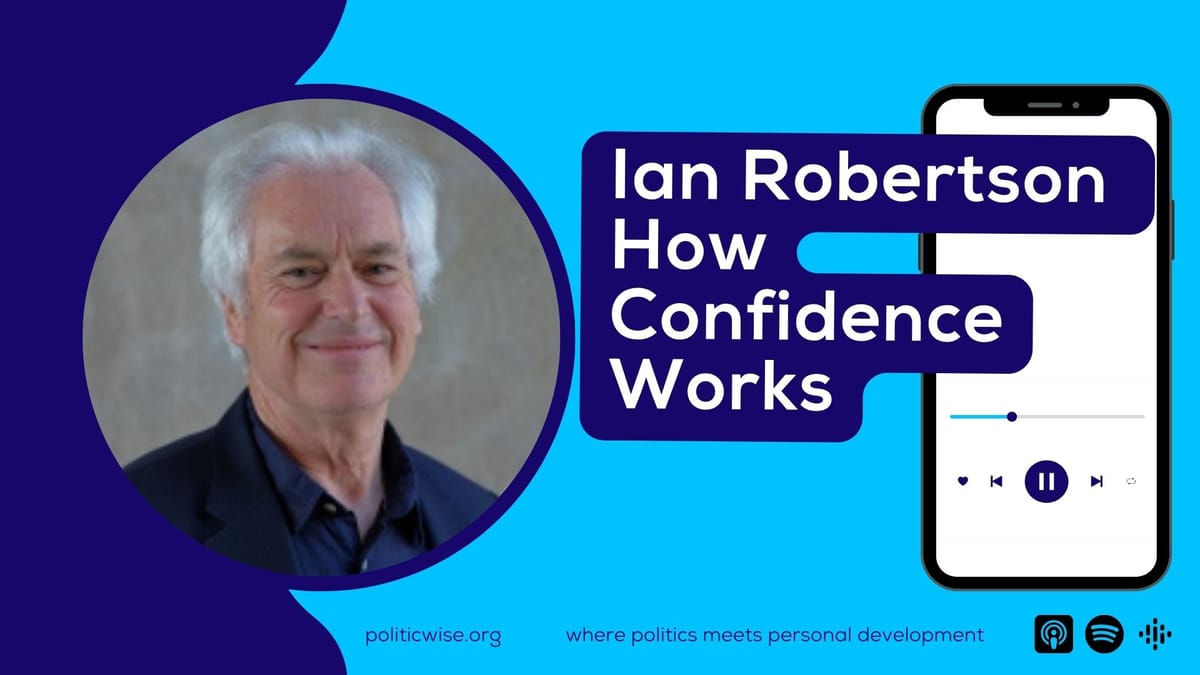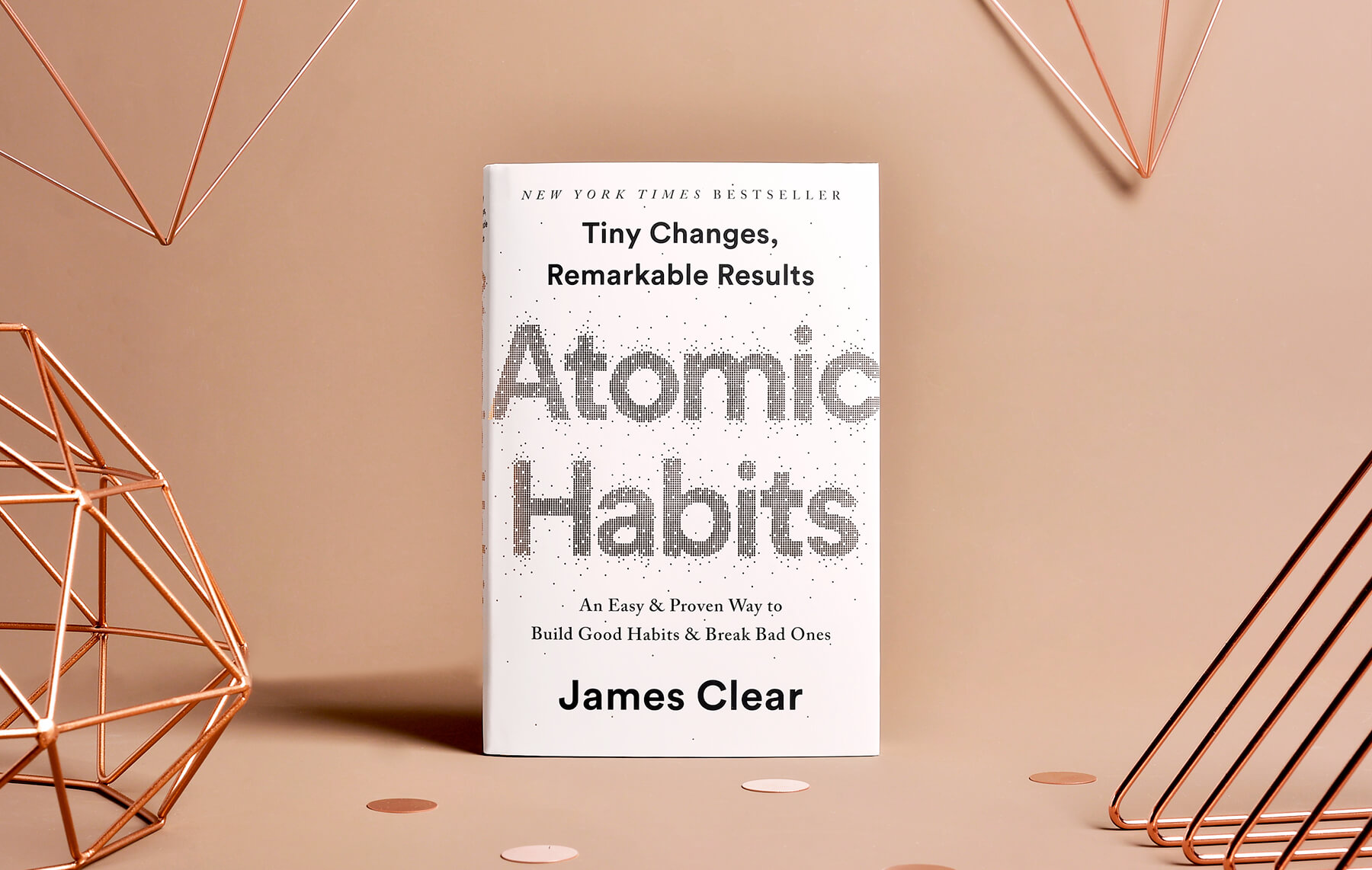You're 51 days (14%) into 2024.
February is the month that shows if you've followed through on your New Year's Resolutions - or not.
You've probably heard that it takes 30 / 45 / 60 days to build a habit.
That's not right. If you went do the gym on 1 January and again today, it's been 51 days but only 2 repetitions. That's probably not enough to build a gym habit.
So: it's repetitions over time, not days, that build habits.
But how do you get the repetitions in? How do you build habits succesfully?
There are a few principles & hacks to follow, all brilliantly explained in James Clear's 'Atomic Habits'.
I've re-read the book (out of frustration with some of my (non-)habits) and taken notes.
I'll share the key insights with you over the next newsletters.
Let's start with why you should care - what's so great about building habits?
Here are 3 motivating facts about building habits:
1) Small, steady improvement --> transformation
Building habits is the compound interest of self-improvement.
In finance, you build wealth with compound interest. You earn interest on the money invested plus the interest you've earned in the past. The growth is exponential: 1% interest, repeated 72 times, doubles your money. If repeated 365 times, you end up with 37x your money.
What if the same holds true for you? 1% of self-improvement over 365 days makes you 37x better.
That's how incremental change becomes transformational.
The logic applies to a particular area, let's say public speaking. You start very small (e.g. saying two sentences in the next team meeting) and improve 1% repeatedly.
The logic also applies across habits. You start with one habit around e.g. public speaking, and over time you build out related habits around e.g. negotiation, team building, conflict management.
But: exponential growth takes time to show up. Results will be invisible for a long time, but they build up under the surface. It's like bamboo: it takes ages to build out its roots, but once it sprouts, it shoots into the sky.
2) You don't need Herculean willpower. You need systems
Here's a fascinating thing about self-disciplined people:
Self-disciplined people don't rely on their self-discipline.
They rely on systems and an environment that does not require them to be self-disciplined. They use their self-discipline initially to set up those systems and environment. But once they are set up, they do much of the heavy-lifting: no/little self-discipline needed.
If you're anything like me (and many people), you find it motivating to set ambitious goals.
But as you probably already know from unkept NY resolutions:
Motivation gets you started. But it's systems that keep you going, even when you are unmotivated.
Or as James Clear puts it:
"You don’t rise to the level of your goals, you fall to the level of your systems."
Some examples of 'systems':
- Delete social media apps from phone, or put your phone away & out of sight
- Set an appointment with someone to go running (accountability partner)
- Donate 100€ to your political opponent for not sticking to a habit
What systems and environment can you set up to make your habit-building easier?
3) Successful habit-building is (not rocket) science
Building good habits and breaking bad habits can be learned. It follows certain principles. And they are not too complicated.
First, the anatomy of a habit:
- Cue
- Craving
- Response
- Reward
Second, the principles:
- 1st principle (cue): make it obvious (or to break a habit: make it invisible)
- 2nd principle (craving): make it attractive (or to break a habit: make it unattractive)
- 3rd principle (response): make it easy (or to break a habit: make it difficult)
- 4th principle (reward): make it satisfying (or to break a habit: make it unsatisfying)
Third, for each of the principles, there are hacks that you can use immediately, e.g. create a commitment device now that makes following the habit easier in the future.
I can share more in the next newsletter. Would you like more bite-sized habit-building insights? Let me know below with 👎 or 👍.
🎙️ My latest podcast
I talked with Professor Ian Robertson, neuroscientist and clinical psychologist, and author of "How Confidence Works":

📚 What I read & listen to

🖋️ My favourite quote
"You don’t rise to the level of your goals, you fall to the level of your systems." James Clear, in Atomic Habits

